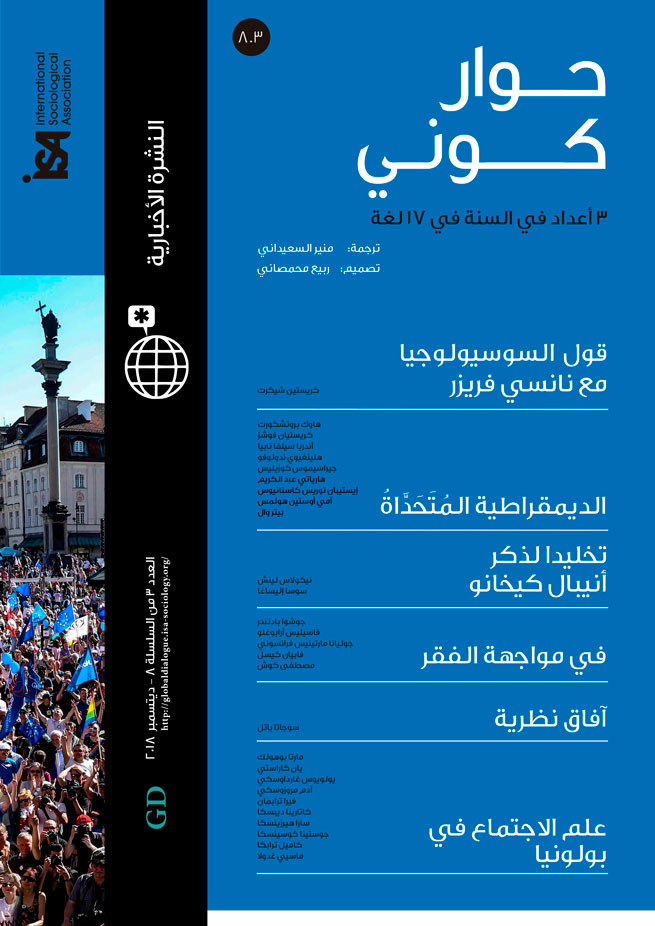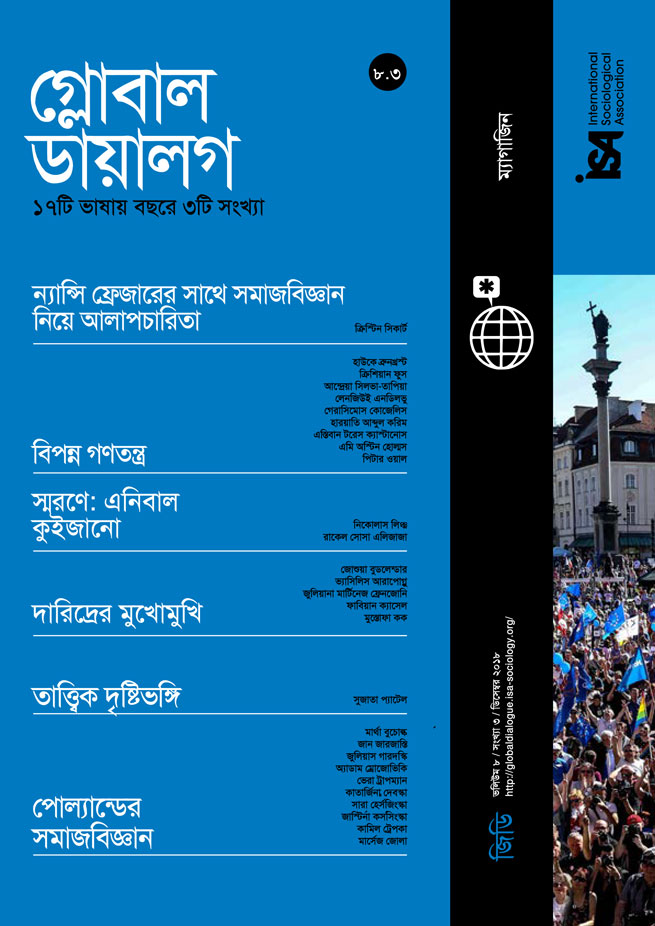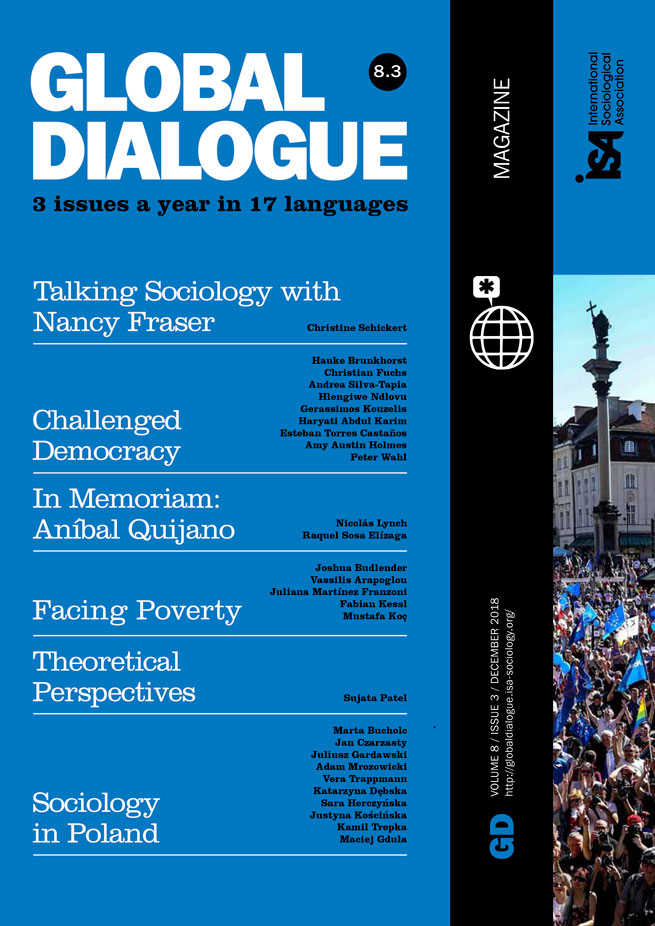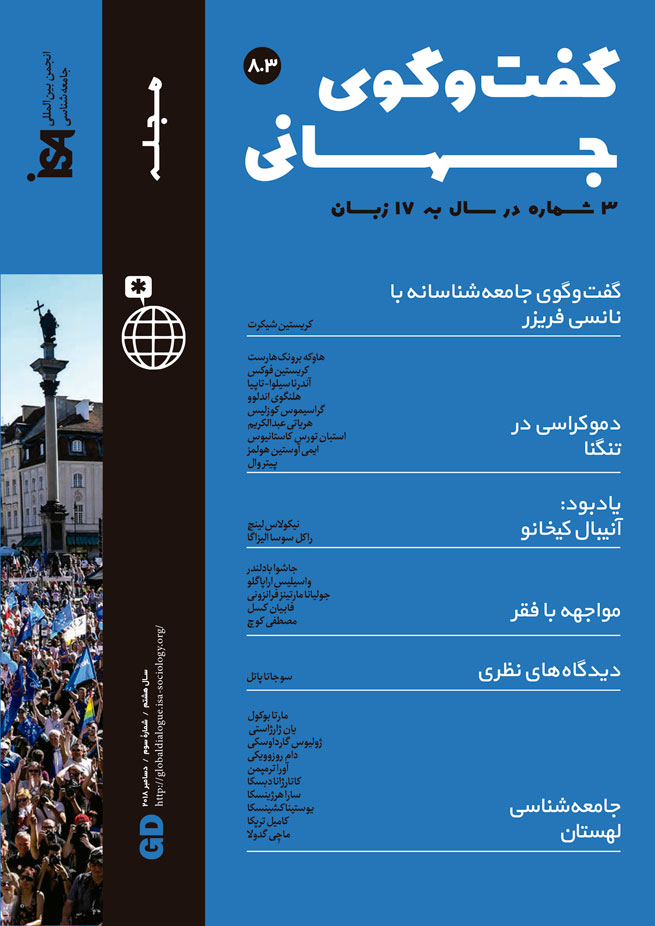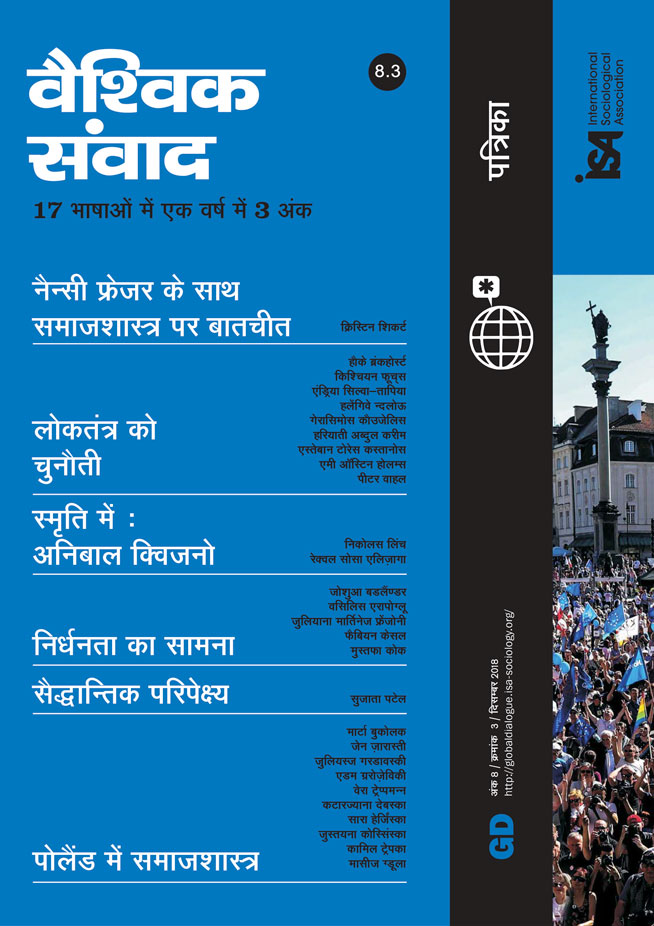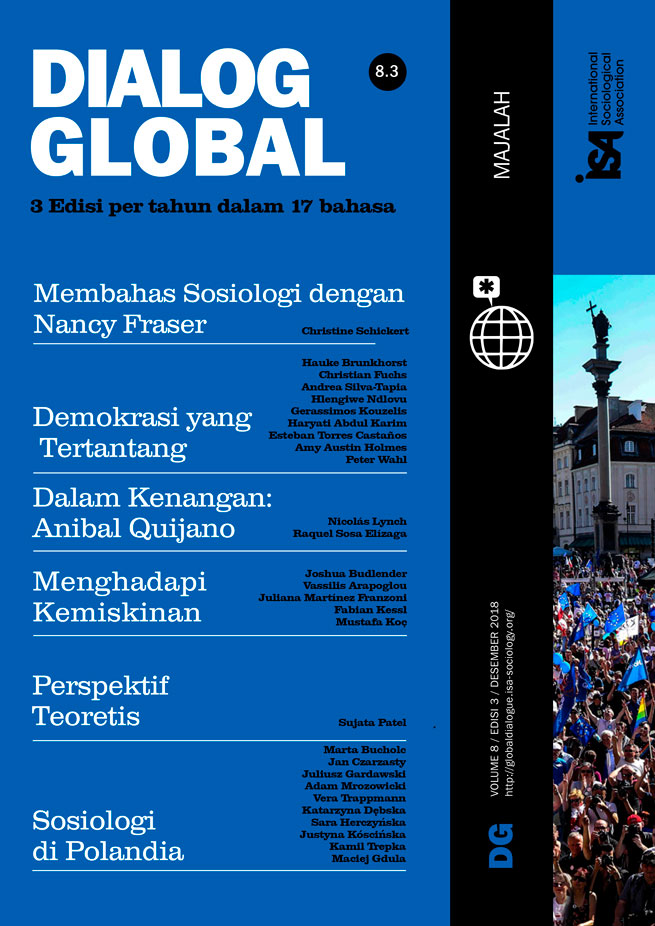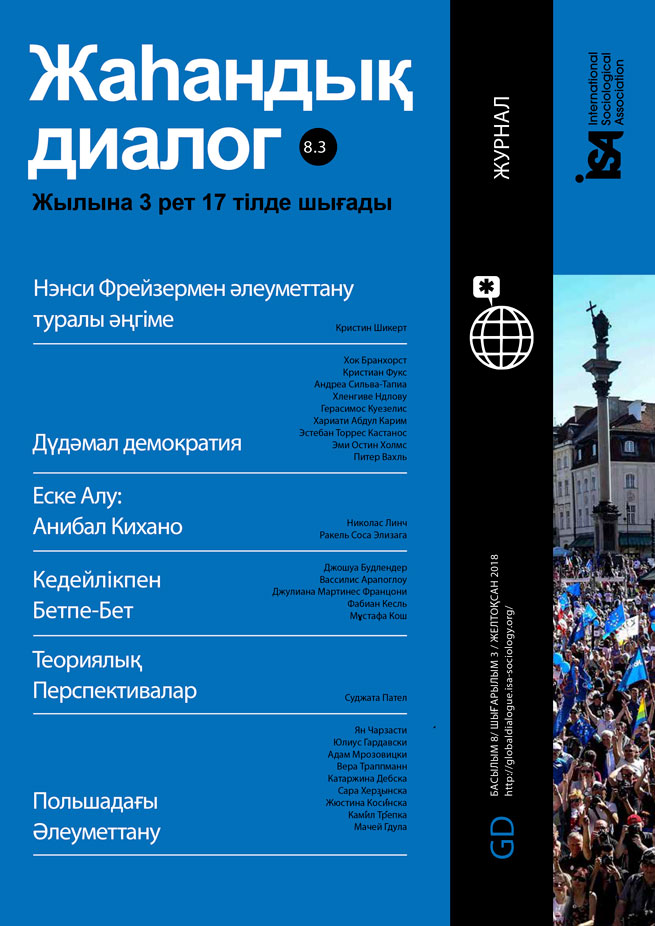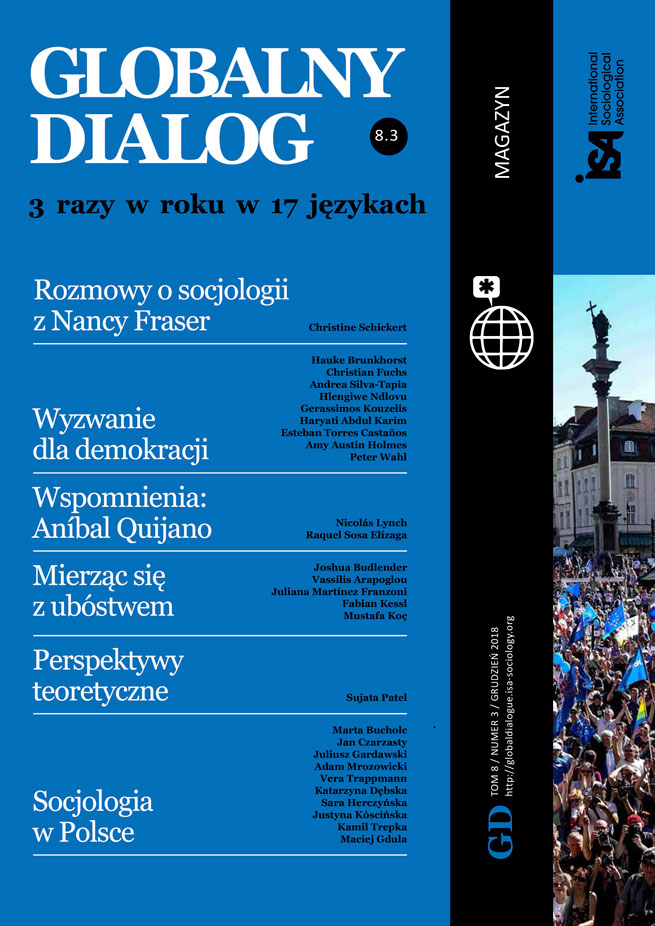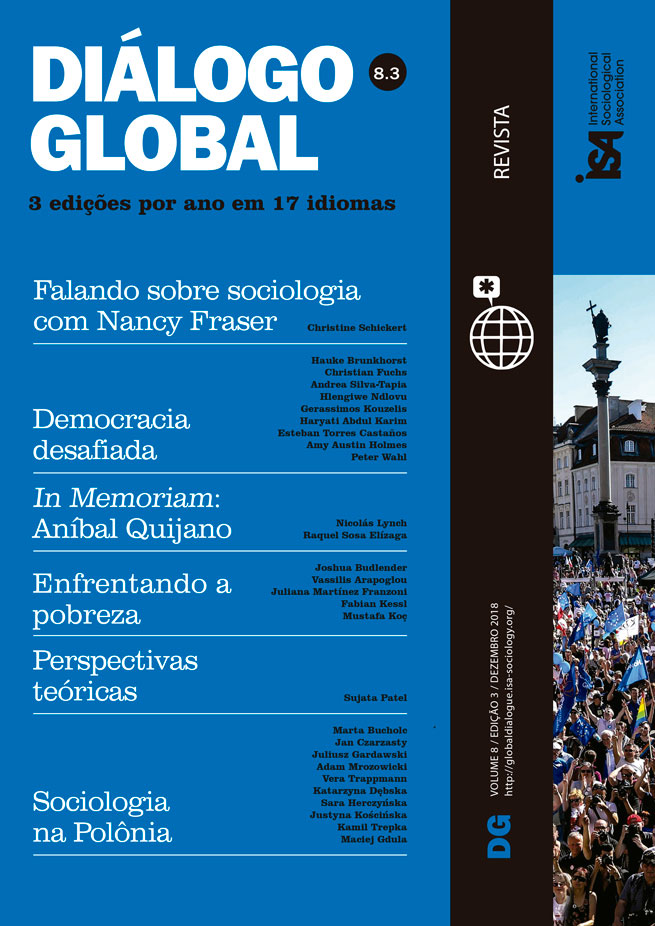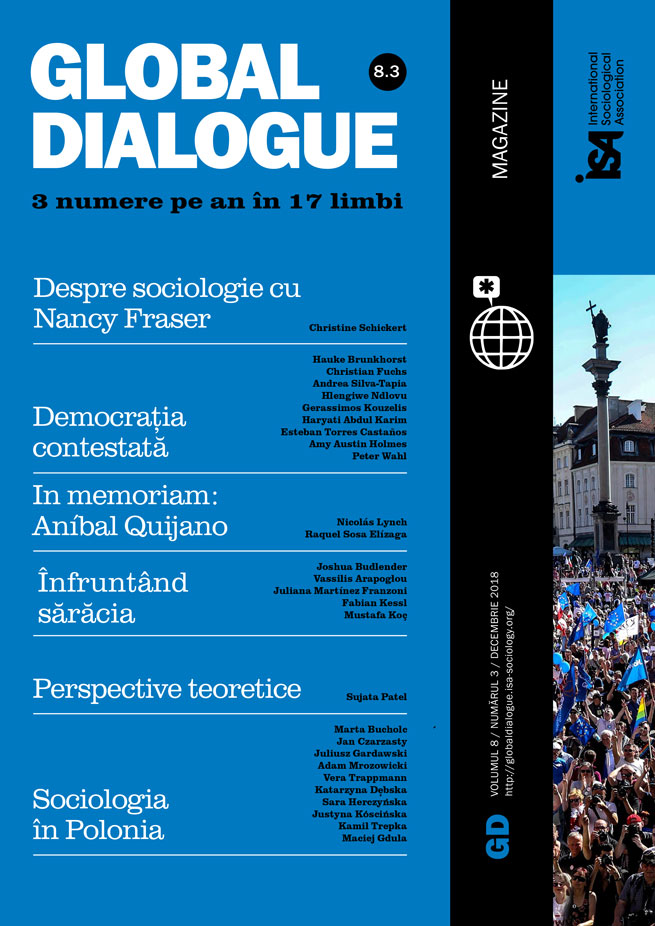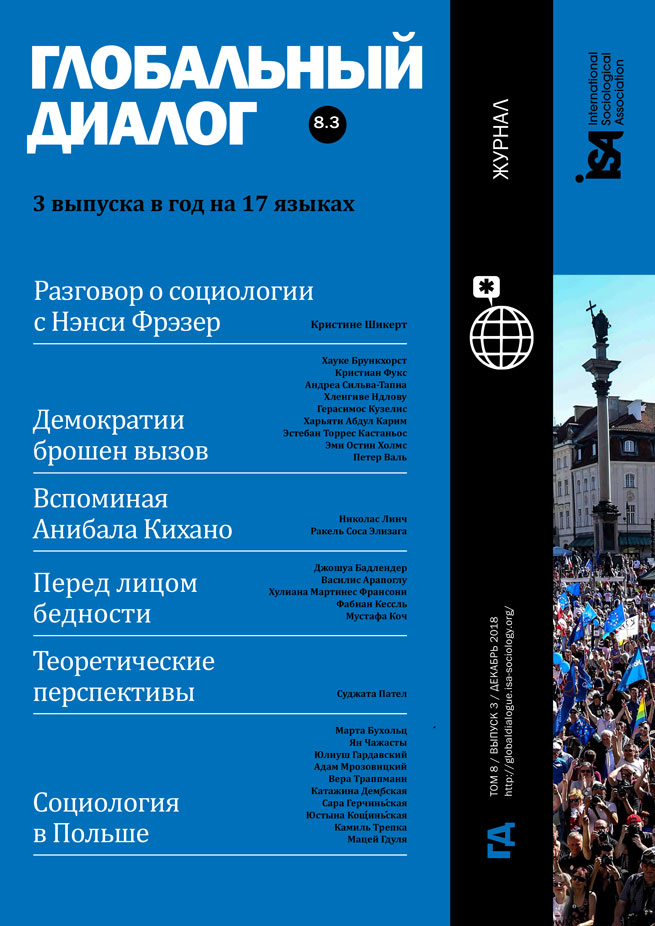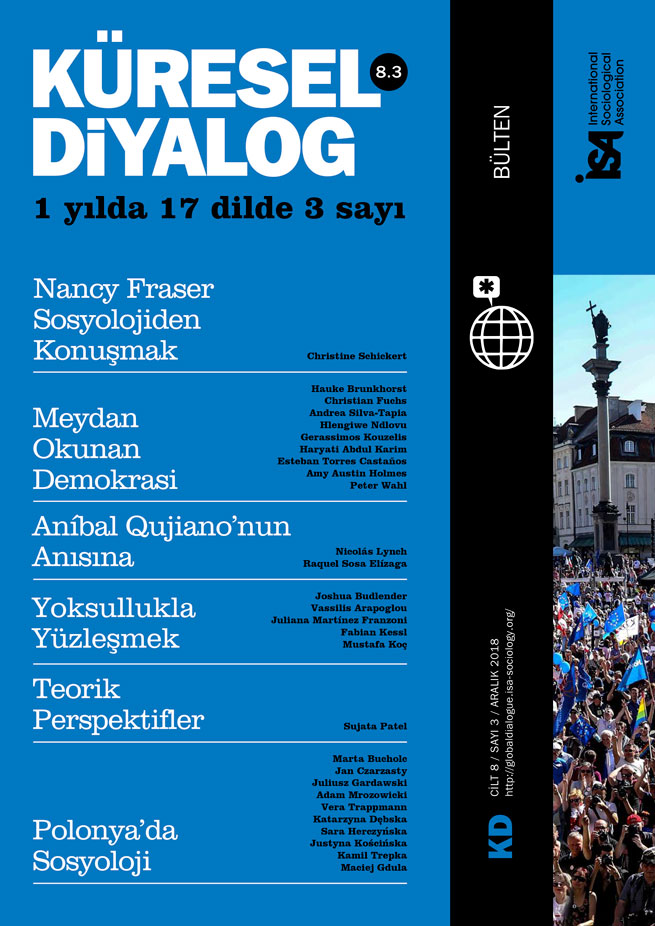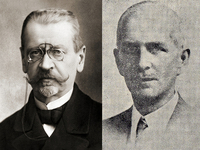Young Precarious Workers in Poland and Germany

December 04, 2018
There is plenty of evidence that the younger generation across Europe experiences increasing uncertainty in their lives, stemming from the growth of temporary and involuntary part-time employment, falling trade union density, and difficult school-to-work transitions. The PREWORK project focuses on two European countries, Germany and Poland.[1] Germany is representative of the coordinated market economy (CME, as Hall and Soskice call it) traditionally known for institutionally guaranteed security for workers. Yet, the labor market reforms of the 2000s contributed here too to the spread of agency work, increase of temporary work, labor market dualization, wage stagnation, and concession bargaining by trade unions. In Poland, being closer to the liberal market economy (LME), the recent waves of employment precarization stemmed from legal changes aiming at labor market flexibilization.
In both countries, young people are disadvantaged in the labor market, which involves high levels of temporary employment (in Poland), an increasing risk of poverty and work in poverty (in Germany), and greater risks of economic exclusion in both countries. We assume that the ensuing youth precarity can be seen in terms of uncertain employment; loss of living wage, social embeddedness, and full social rights; and the subjective feeling of precarity constituted by a loss of recognition and social integration. However, despite these negative developments, the collective mobilization of youth against precarity is limited and their overall satisfaction with life remains quite high. This leads to the question: what is the relationship between increasingly precarious working conditions, social consciousness, and life strategies of young people? Is precarity perceived as a problem by young workers in Poland and Germany? Or do they see it as a norm, an expected part of their working environment to which an individual needs to adapt?
PREWORK seeks the answer on two levels: 1) by investigating the impact of unstable working and living conditions on various dimensions of precarious workers’ socioeconomic consciousness with CATI surveys in Poland and Germany on huge (N=1,000 in each country) random samples of people aged 18-30; and 2) by examining the relationship between increasing precarious employment and life strategies/career patterns of young people and the forms of their collective mobilization (and demobilization), through over 120 biographical narrative interviews with young precarious workers in Poland (60) and Germany (60), aged 18-35, who are in non-standard employment, unemployed, or in precarious forms of VET (vocational educational training).
The study is still ongoing but some tentative observations can be offered. The quantitative research sheds light on the subjective perception of precarity: 48.8% of young working Poles and 31% of young working Germans admitted to having worked under precarious conditions, defined as getting low pay or working on short-term contracts. Yet, the economic consciousness of youth in both countries varies.
Contrary to our expectations, the precarious status of young Poles and Germans has no significant impact on their normative visions of the economy. We assumed that having a non-permanent contract would result in stronger support for state intervention in the economy and egalitarianism. The indicator used in our research included fifteen variables. In Poland, only five variables display a statistical difference between the responses of persons with a permanent contract and persons with temporary contracts. Furthermore, employees on non-permanent contracts show in some dimensions more liberal attitudes than those with permanent contracts. In Germany, the differences are clearer. People with non-permanent contracts are slightly less supportive of etatist principles (33.8% vs. 24.8%), while leaning a little more often toward social egalitarianism (69.1% vs. 65% respectively). The economic views of young Poles are a combination of strong support for “domestic capitalism” (preferences for Polish companies and state regulation of economy) with relatively firm ultraliberal inclinations: 53.4% of Polish interviewees prefer voluntary instead of compulsory old-age pensions compared to only 12.3% Germans. The economic consciousness of young Germans is closer to the coordinated market economy (CME), with their support for co-determination at work, compensation of income differences by tax policy, and free movement of workers in Europe (backed by 88.7% of German interviewees, compared to 66.6% in Poland). The views of young Poles are closer to liberal market economy (LME), despite some striking inconsistencies.
The qualitative research gives us further insights into the biographical framing of work-related experiences. We reconstructed six different types of work-related life strategies, variously connected with the forms of coping with precarity. For “laborers” – precarized blue-collar workers longing for stable and predictable employment – occupational flexibility is not normatively accepted, but adapted to and coped with by means of searching for stability in other, non-work-related domains of life as well as self-limitation of aspirations. “Professionals,” usually white-collar workers aspiring for a stable, full-time job with higher income and good career prospects, either legitimize precarity as a necessary experience related to transition to the labor market or, particularly in older cohorts, criticize it for blocking individual life projects. A different approach is exhibited by “creatives,” often performing project-based work in NGOs, creative occupations and the cultural sector, who see flexibility as a necessary price for freedom from the routine of corporate or factory jobs. For “bricoleurs,” experimenting with various entrepreneurial projects, precarity is perceived as a necessary cost of independence from employer, family, or state support. Finally, there is the “blocked” type, critical of precarity but not actively counteracting it due to psychological problems and/or rejection of the biographical costs to be paid for security, and the “withdrawn" type characterized by informants’ distance from the world of regular employment which has lost – or never acquired – biographical significance.
Quantitative and qualitative investigations correspondingly reveal that young people in both countries feel precarious but usually do not criticize or challenge their precarity. Most young people seem to have grown accustomed to precarity, seeing it as temporary either due to their life stage or due to the investments they are undertaking that will pay off eventually. Criticism is weak and rarely leads to political or union mobilization. In other words, we are witnessing the ongoing “normalization” of precarity, which comes to be treated by many young people as a quasi-natural condition.
[1] This article was prepared within the project PREWORK “Young precarious workers in Poland and Germany: a comparative sociological study on working and living conditions, social consciousness and civic engagement” funded by the National Science Centre in Poland (NCN) and the German Research Foundation (DFG), NCN project number UMO-2014/15/G/HS4/04476, DFG project number TR1378/1-1. The research team in Germany includes Vera Trappmann, Jule-Marie Lorenzen, Alexandra Seehaus, Denis Neumann. The Polish team includes Juliusz Gardawski, Adam Mrozowicki, Jan Czarzasty, Magdalena Andrejczuk, Aleksandra Drabina-Różewicz, Jacek Burski, Mateusz Karolak, Agata Krasowska.
Jan Czarzasty, Warsaw School of Economics, Poland <jczarz@sgh.waw.pl>
Juliusz Gardawski, Warsaw School of Economics, Poland <jgarda@sgh.waw.pl>
Adam Mrozowicki (corresponding author), University of Wrocław, Poland and member of ISA Research Committee on Labor Movements (RC44) <adam.mrozowicki@uwr.edu.pl>
Vera Trappmann, Leeds University Business School, United Kingdom <V.Trappmann@leeds.ac.uk>

